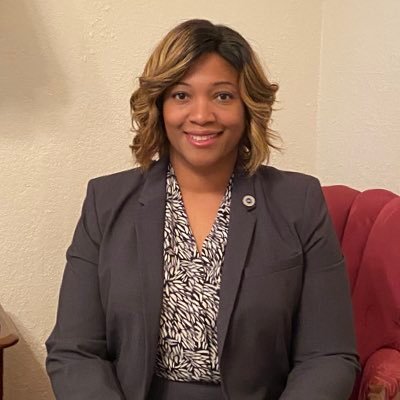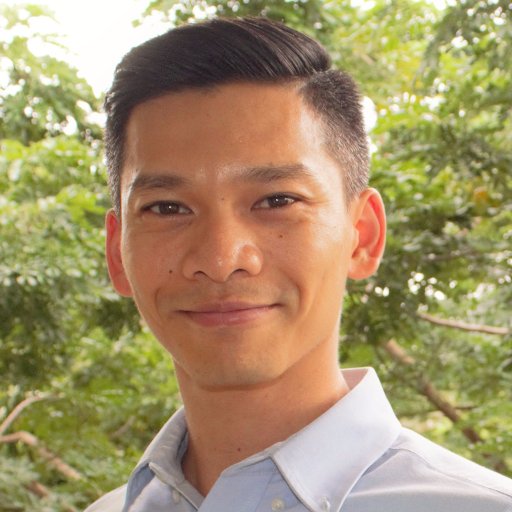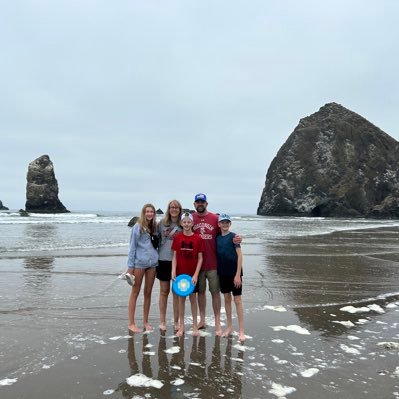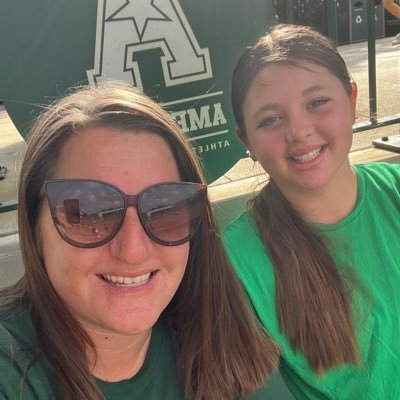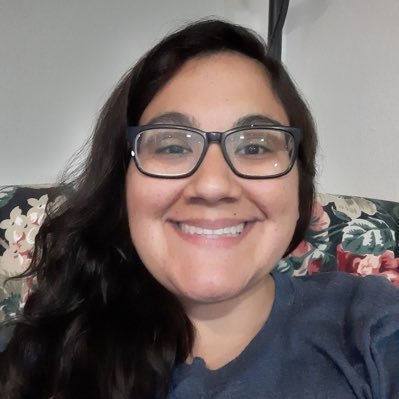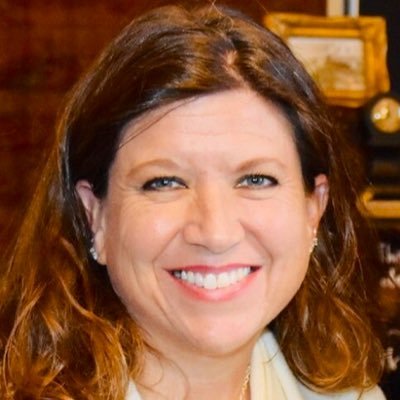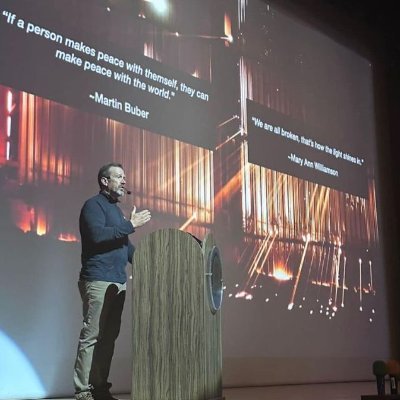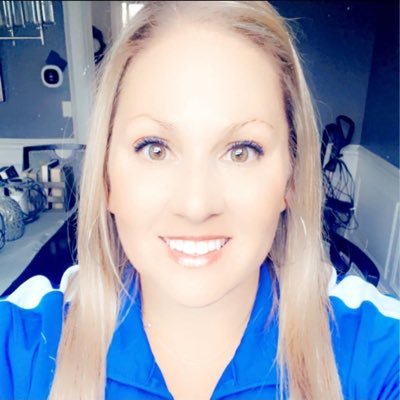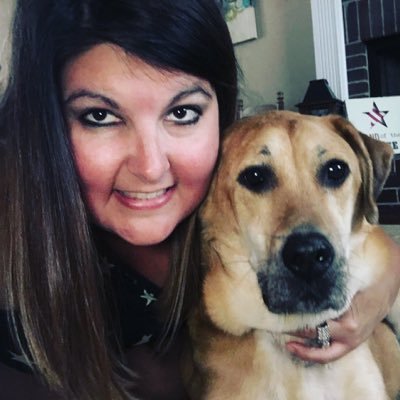A quick question for instructional coaches: What are the most important things coaches need to learn when they start coaching?
@jimknight99 Listen to truly understand....your job is to COACH (think about the OTHER meaning of a “coach”...the vehicle t get something from point A to point B)....it’s NOT about you...it’s about where they want to go/grow.
@jimknight99 1. every teacher is NOT you 2. relationships are everything 3. KNOW your content 4. seek to understand 5. assume good Jim, I could keep going but I yield to my top 5. Be well.
@jimknight99 How to listen deeply and to tame your “advice monster”
@jimknight99 Work WITH colleagues' ideas instead of against them or offer completely new ones.
@jimknight99 Listening and purposeful questioning. Particularly transformational questioning. But before these things- building a trusting relationship which starts with a good rapport.
@jimknight99 Build a relationship, so there is trust. Ask questions and really listen. Don't act like a 'know-it-all'. Be curious, alongside them.
@jimknight99 Remember to keep the big five with professional learning and coaching 1. Choice. 2. Flexibility. 3. Small steps. 4. Accountability. 5. Support youtu.be/-dhkbYIKIsA @dylanwiliam
@jimknight99 There are so many good responses, Jim. I can't agree more with all those who emphasized listening. I'll add that it's important to understand how adult learning is different from child learning. Many similarities yes. But also many differences. Finally, I'd say learn about
@jimknight99 ❤️Take time to build relationships and trust 😃That you will leave work most days having done SO much but feeling like SO much didn’t get accomplished. 🤩The AH-has you had as a teacher will take longer but just as worth it. 🥳Be who you needed when you were a teacher
@jimknight99 Listening nonjudgmentally. Harder than it seems.
@jimknight99 Just because you are a coach doesn’t mean you are the expert and know everything! #1 that all coaches need to recognize! #humbleyourself
@jimknight99 Best practice is not all on your shoulders. You are part of a team. If you feel alone, reach out to administrators to support you.
@jimknight99 How about learning how to value being coached? Seeking and growing from feedback.
@jimknight99 My (little) experience says to be curious just a little bit longer. That’ll open the door for better listening and authentic questions.
@jimknight99 Seek to understand, deeper than listening, but truly understanding and have positive presuppositions (all teachers want their students to succeed)
@jimknight99 Being a coach does not mean you need to have all the answers.
@jimknight99 Build the relationship first and remember it’s about them not you.
@jimknight99 It’s not about you, it’s what they need. Be client (or teacher) centred.
@jimknight99 Listening and paraphrasing? How to co-construct learning possibilities? How to learn alongside rather than be the lead 'knower'? Just some thoughts I have based on your question.
@jimknight99 @ChristianvN Build trust. Without it, nothing worth doing will happen.
@jimknight99 Great question, Jim. First what it means to build relationships and trust with others. Know you aren’t there as a coach to “fix” anyone, but to build up a teacher based on their strengths so that students win in the end.
@jimknight99 Coaching is first and foremost about relationships. Listening is critical to as sometimes the problem or the goal lies in what teachers aren't saying. Positive and thorough communication allows for a richer and better coaching experience.
@jimknight99 Relationships, relationships, relationships. Building relationships and trust is foundational to successful coaching.
@jimknight99 Shhhhhhhhhhh... just listen. And youre ok, you’re doing it right. Just keep 👂
@jimknight99 How to build relational capacity, how to have tough conversations with grace, how to lead with a servant heart, how to listen with purpose
@jimknight99 Be humble. Listen. One coach I really admire talks about becoming a chameleon. You will need to learn to match a lot of different colors for a lot of different contexts.
@jimknight99 Listen to hear. Don’t listen to respond.
@jimknight99 Everything in the replies AND communicating about your role to: 1) Build trust and establish expectations for individual partnerships/the school community; 2) Provide parameters for what the partnership can look like, what everyone will contribute to it, and to allow for praxis.
@jimknight99 1) Learn to be an active listener. 2) Learn the art of inquiry. 3) Learn that coaches aren’t “people fixers”. 4) Learn to be focused on improving learning outcomes for students.
@jimknight99 To listen much louder than you speak. The work is always a balance between relationship building and providing meaningful feedback. The relationship part is critical
@jimknight99 @ChristianvN I'm still very much at the start of this journey but here are some of my reflections so far: apsychologyteacherwrites.wordpress.com/2021/04/25/dia… Very willing to acknowledge I might be getting a lot wrong at this stage, and looking forward to learning more!
@jimknight99 @ChristianvN Accurate self awareness/self regulation & scanning (eyes & ears). These are the most influential elements of coaching & are the least discussed or invested in. These influence all choices of interventions/interactions
@jimknight99 The role of the coaches to meet people where they are and invite them to take the next step.
@jimknight99 @curriculumblog Relationships & listening are key!
@jimknight99 I agree with most proposals posted here, specially @PDScoach. From my experience, I would add that the very first step for a new coach is to understand that the way they have been taught may not be the best way to teach now (the Monkey paradox)



